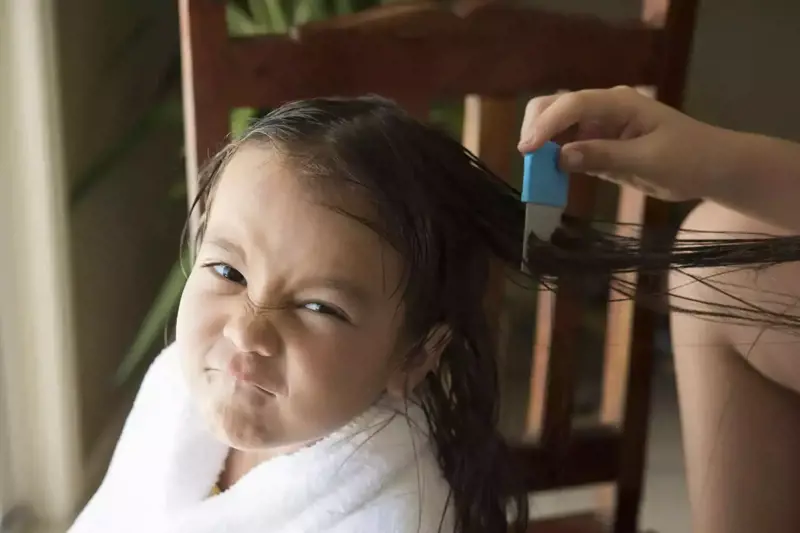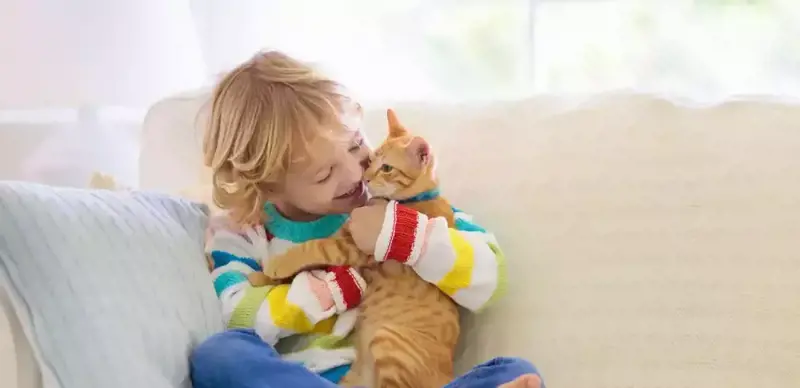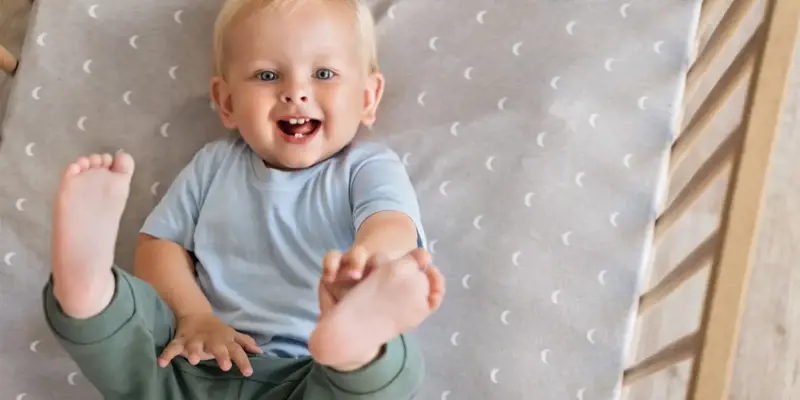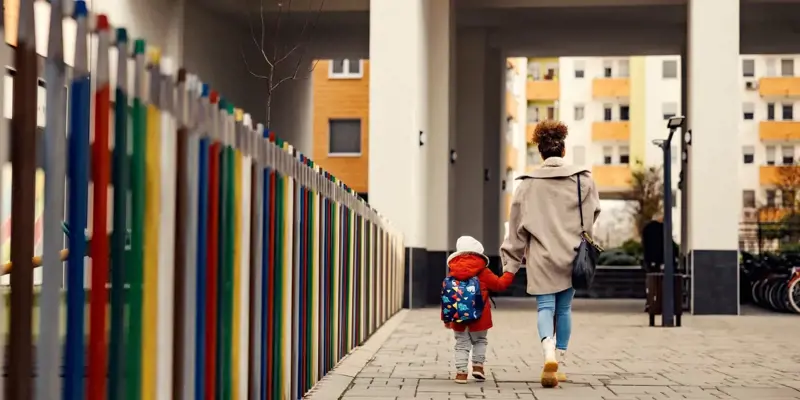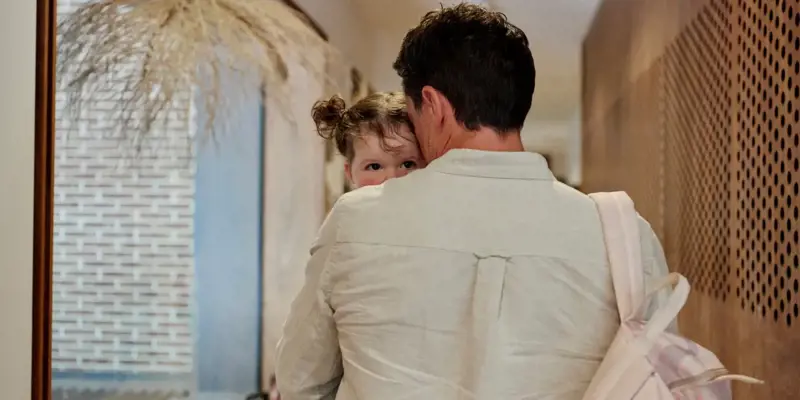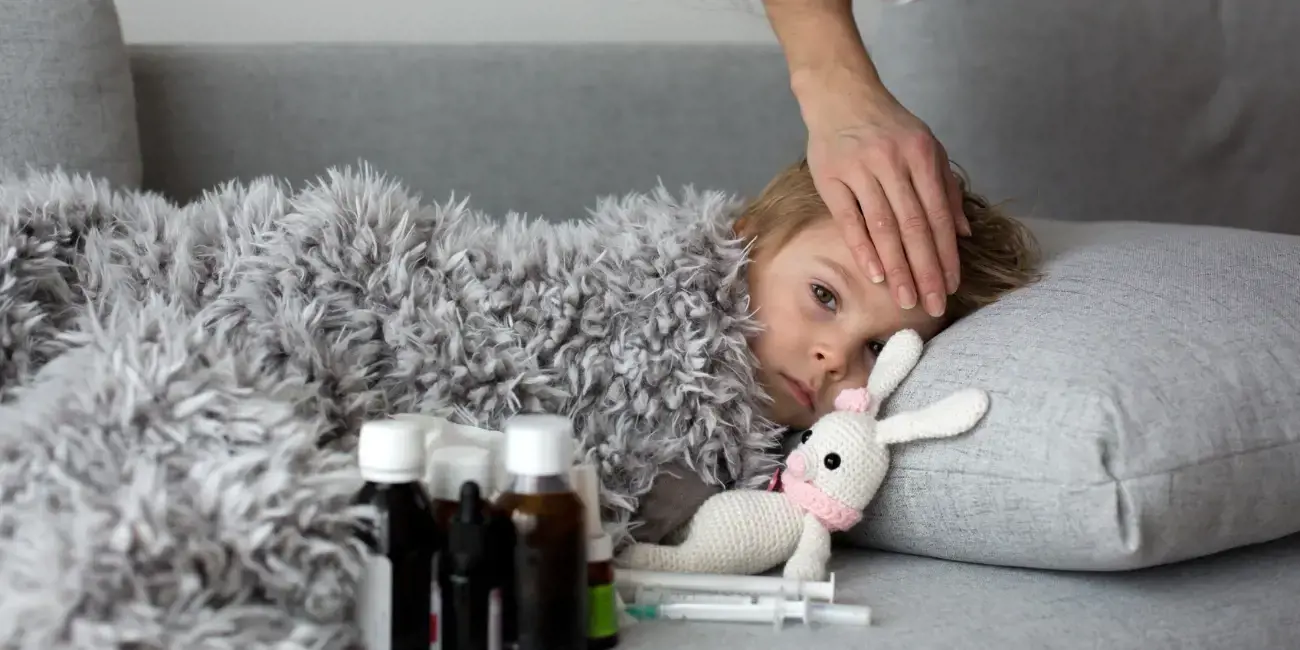With the colder weather, flu season and a pandemic in our rear-view mirror, we're conscious to do our best to stay healthy, despite the heightened likelihood of becoming unwell at this time of year.
Add in busy mornings when everyone is trying to get ready for the day and out the door, it can be difficult to determine whether your child’s sniffles are worthy of keeping them at home or sending them to care.
We spoke with Nikki Ferrari, Centre Manager at Bluebird Early Education Clyde North, to give us some pointers to make it easier to know when to keep your child at home.
Stay home
Nikki says the key reasons to keep your child at home are if they’re unable to engage in the everyday curriculum. For example, they’re unable to go outside in the colder weather as they’re a bit unwell but the service runs an indoor/outdoor curriculum. It would be very challenging for educators to keep them inside while the other children were outdoors.
Administering paracetamol
It's a part of the early learning policy that you must keep your child home 48 hours after any administration of paracetamol. If there is a chance your child might need further treatment throughout the day, you should keep them home.
Children need to be monitored at home in their own comfortable environment to rest and recover. The exception is if the paracetamol is for ongoing medication and you have a Doctor’s certificate outlining this.
Gastro symptoms
Children should stay home until at least 48 hours after any vomiting or diarrhoea has been present but always follow the policy and procedure of your individual service when it comes to stomach concerns. Make sure you ask your provider for a clear outline of their guidelines.
Check out common childcare communicable infections and diseases
Child collection
The main reasons early childhood services will contact families to ask to collect children early are:
- vomiting or diarrhoea
- temperature over 37.5 degrees
- green, snotty noses as this indicates an infection
- ongoing cough (non-asthma related)
- if the child has received paracetamol in the last 24 hours
- if the child is withdrawn, not themselves or unable to engage in the everyday curriculum

If any of the above are applicable to your child in the morning before care, it’s best to keep them at home, rather than having to go back and collect them early.
If you’re ever in doubt about whether your child should stay at home from care, Nikki says that you can always call your Centre Manager and discuss the options. They’ll be able to advise you as to what is required at your centre and if your child does need to stay home, what the timeframe should be.
Always contact your family’s medical professionals if you are ever concerned about the wellbeing of your child to get expert advice.
Nikki’s best rule of thumb if you’re ever in doubt about whether your child should stay at home or not is: “if you as a parent feel your child is not well in themselves, you know your child best, trust your gut and keep them home.”









